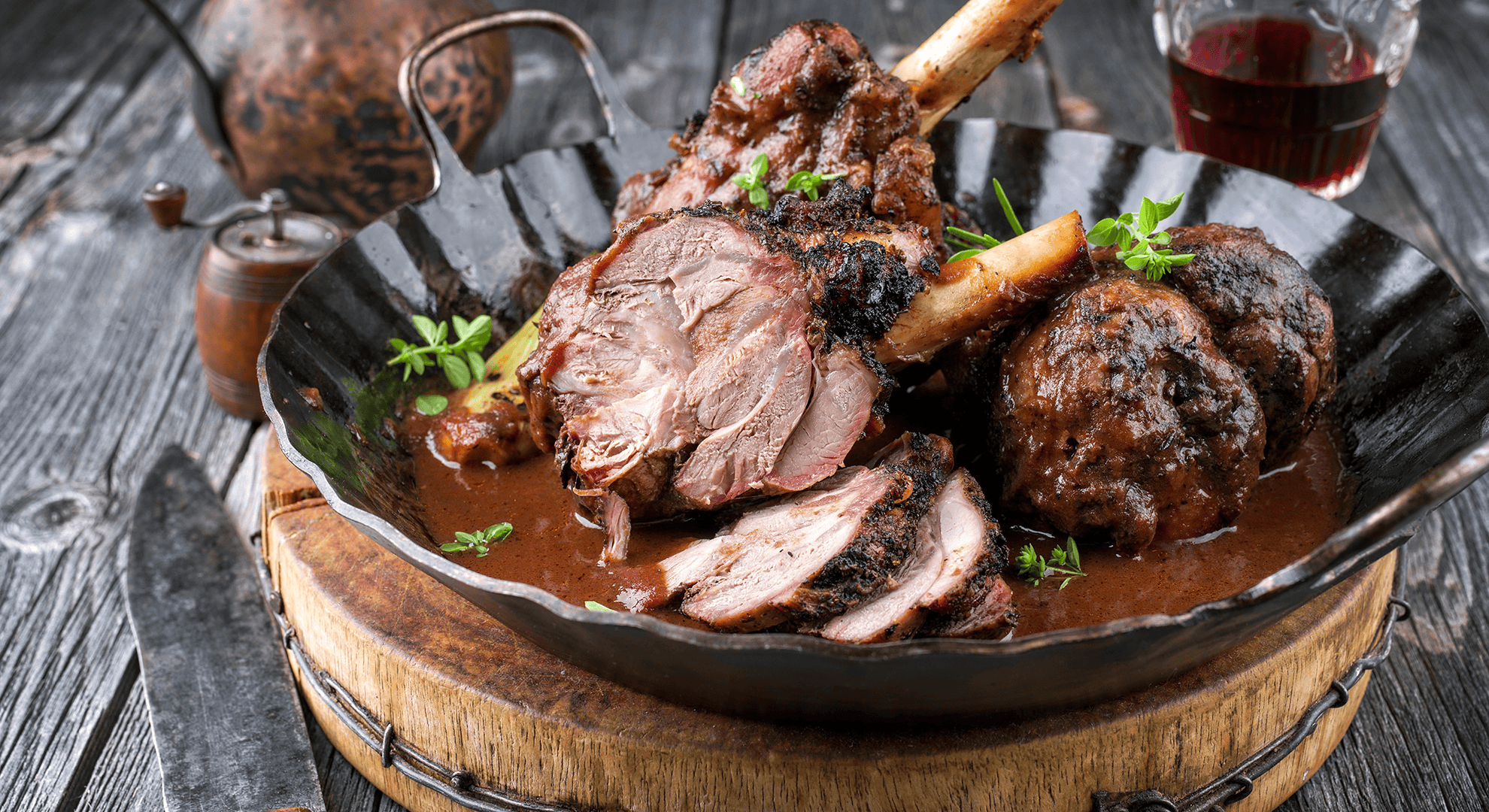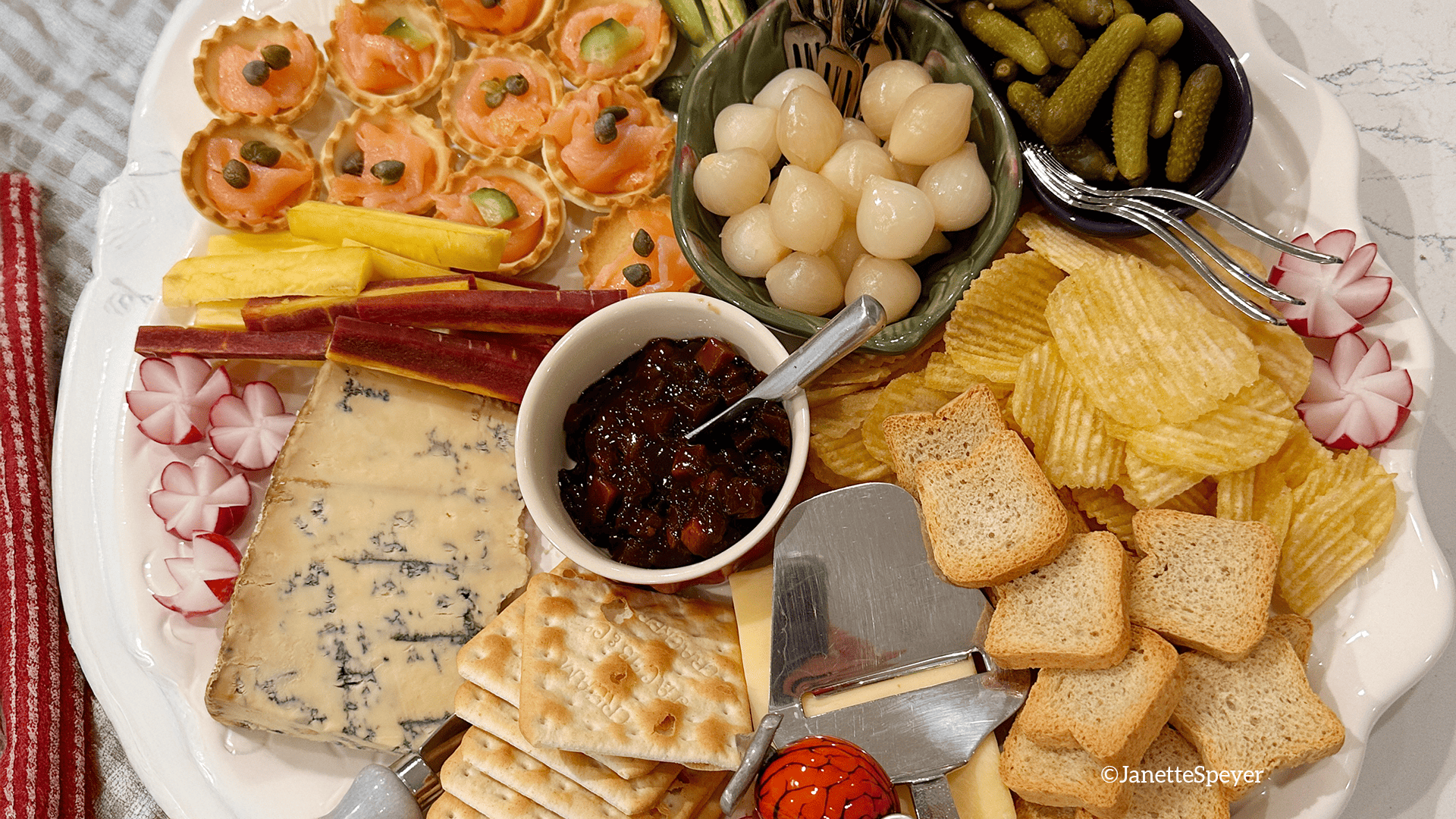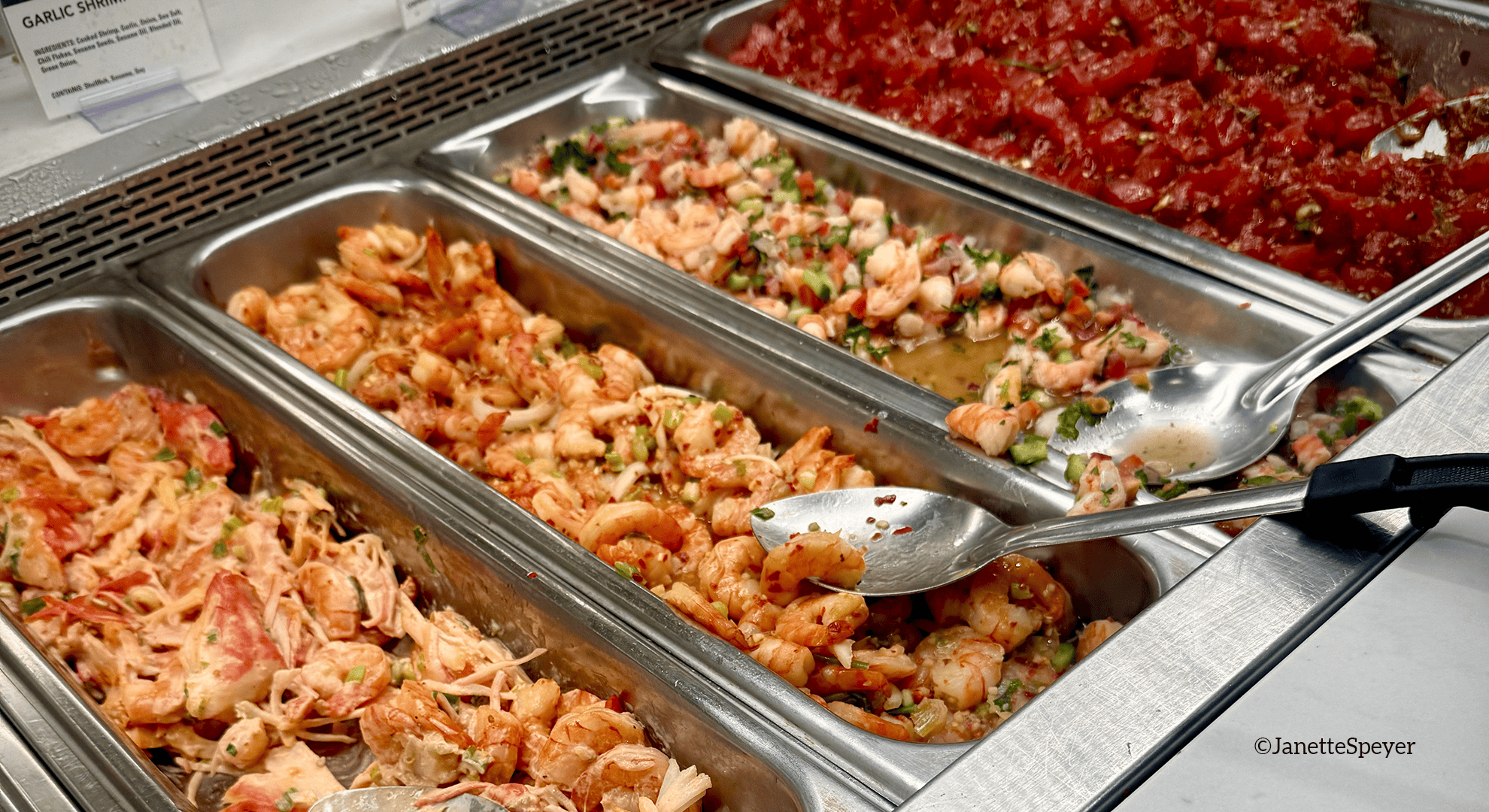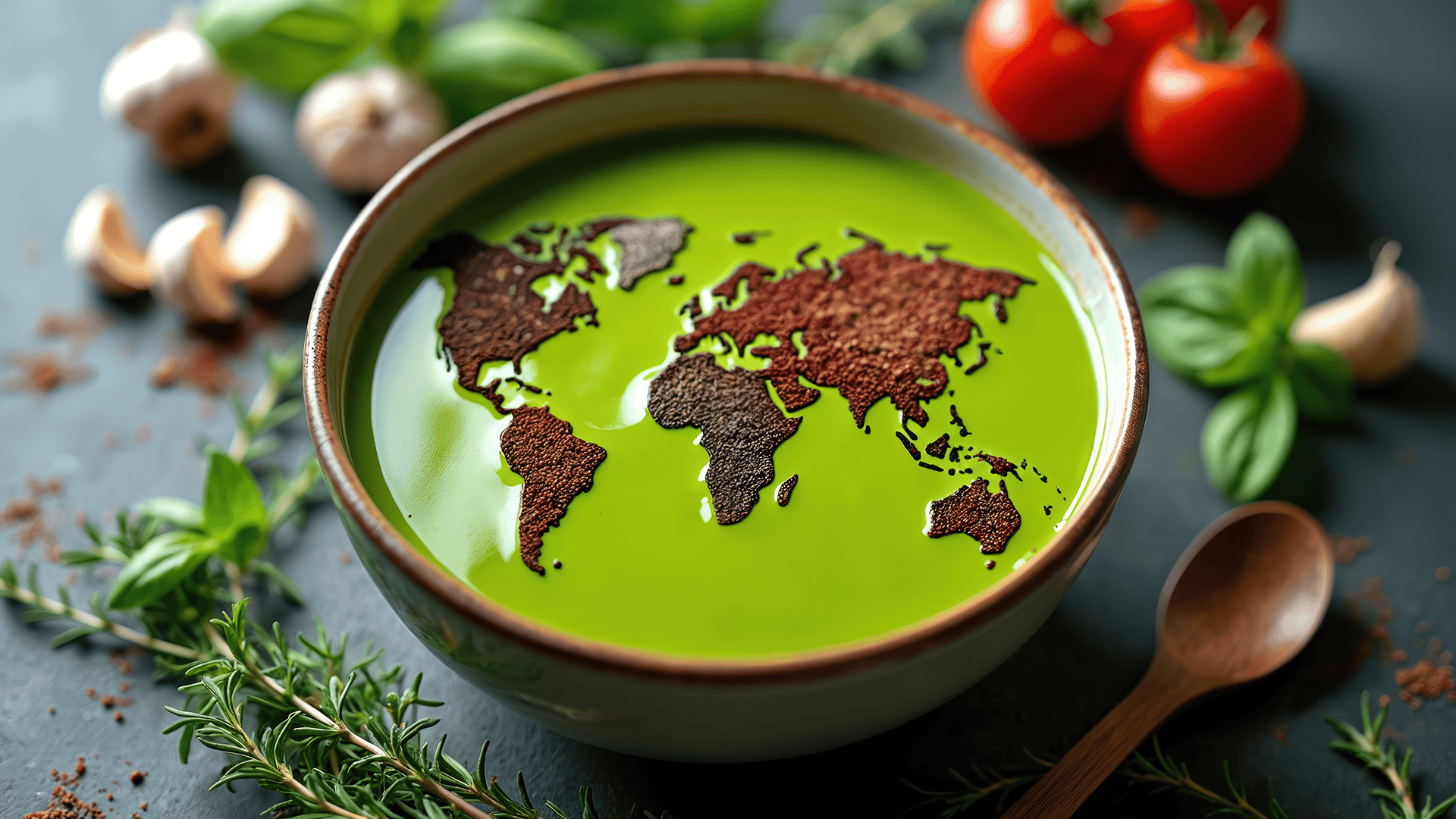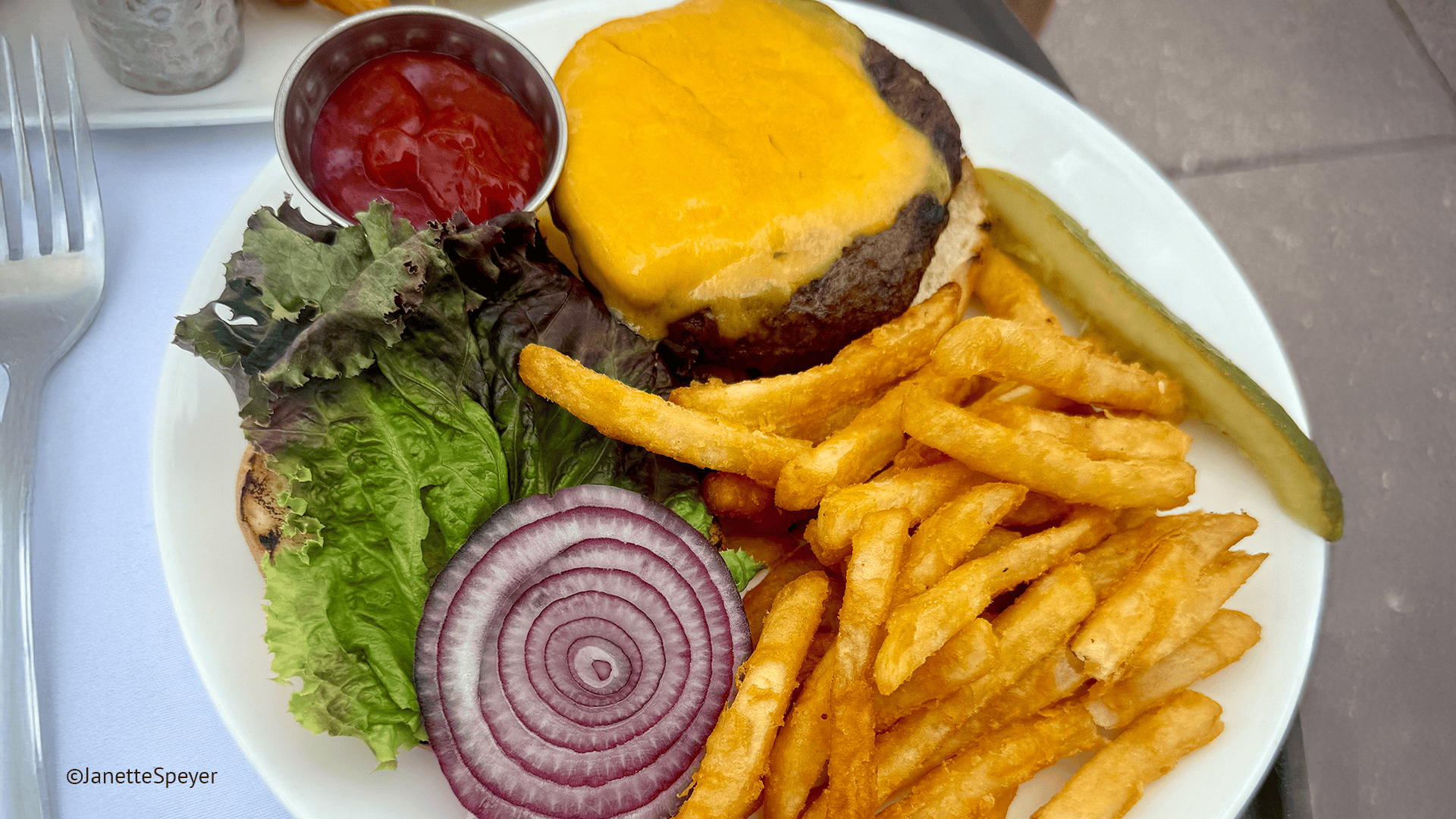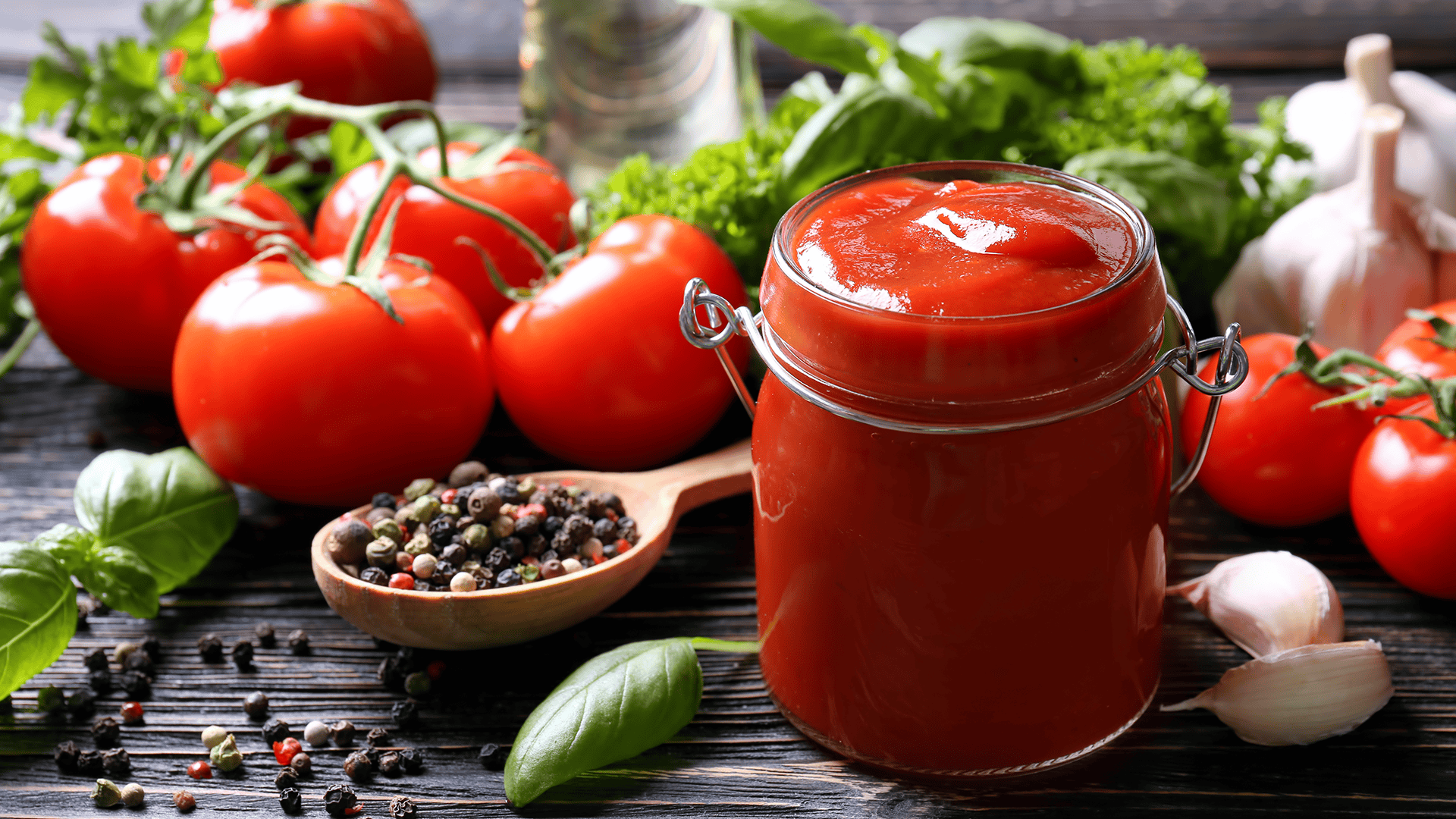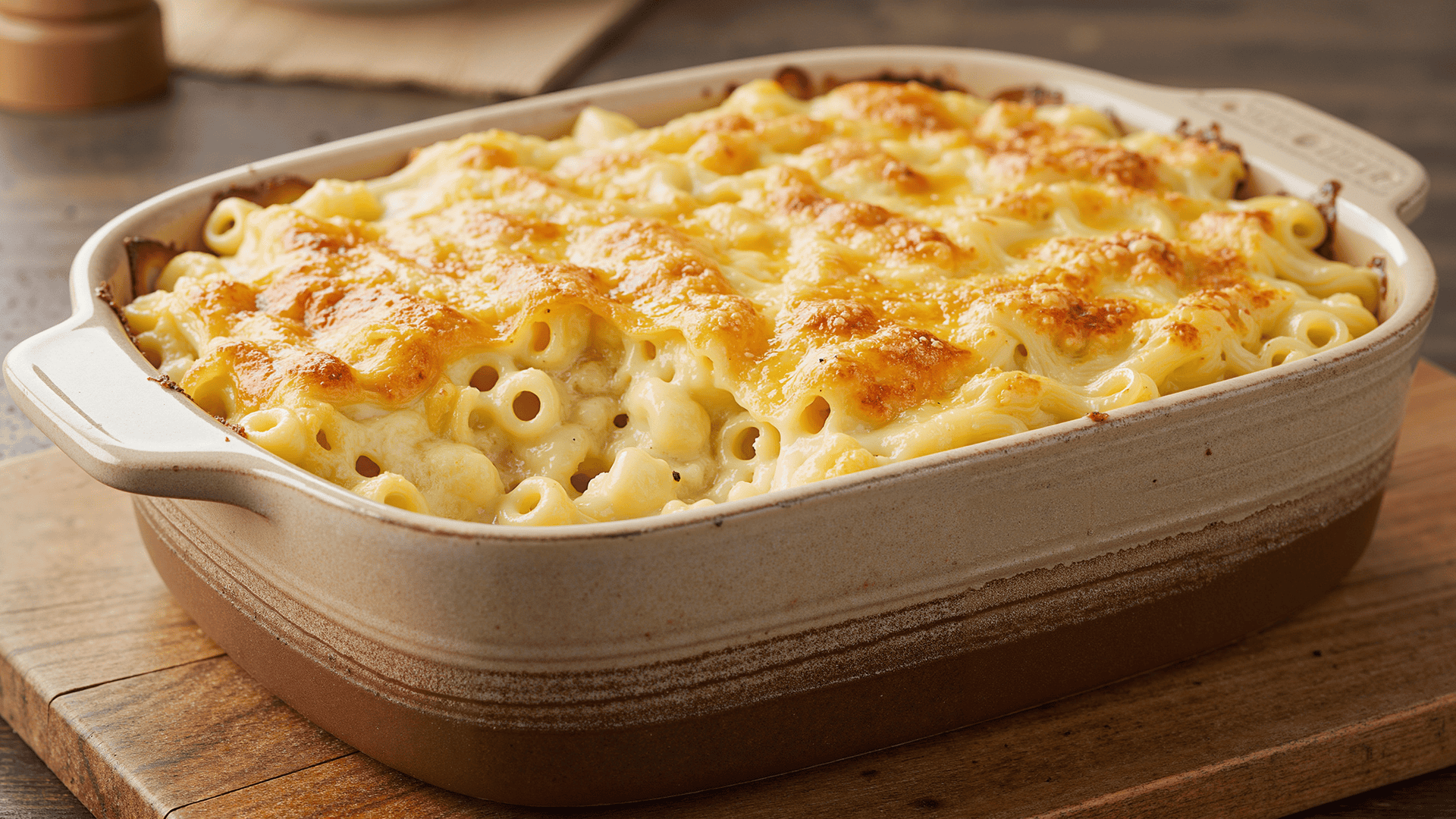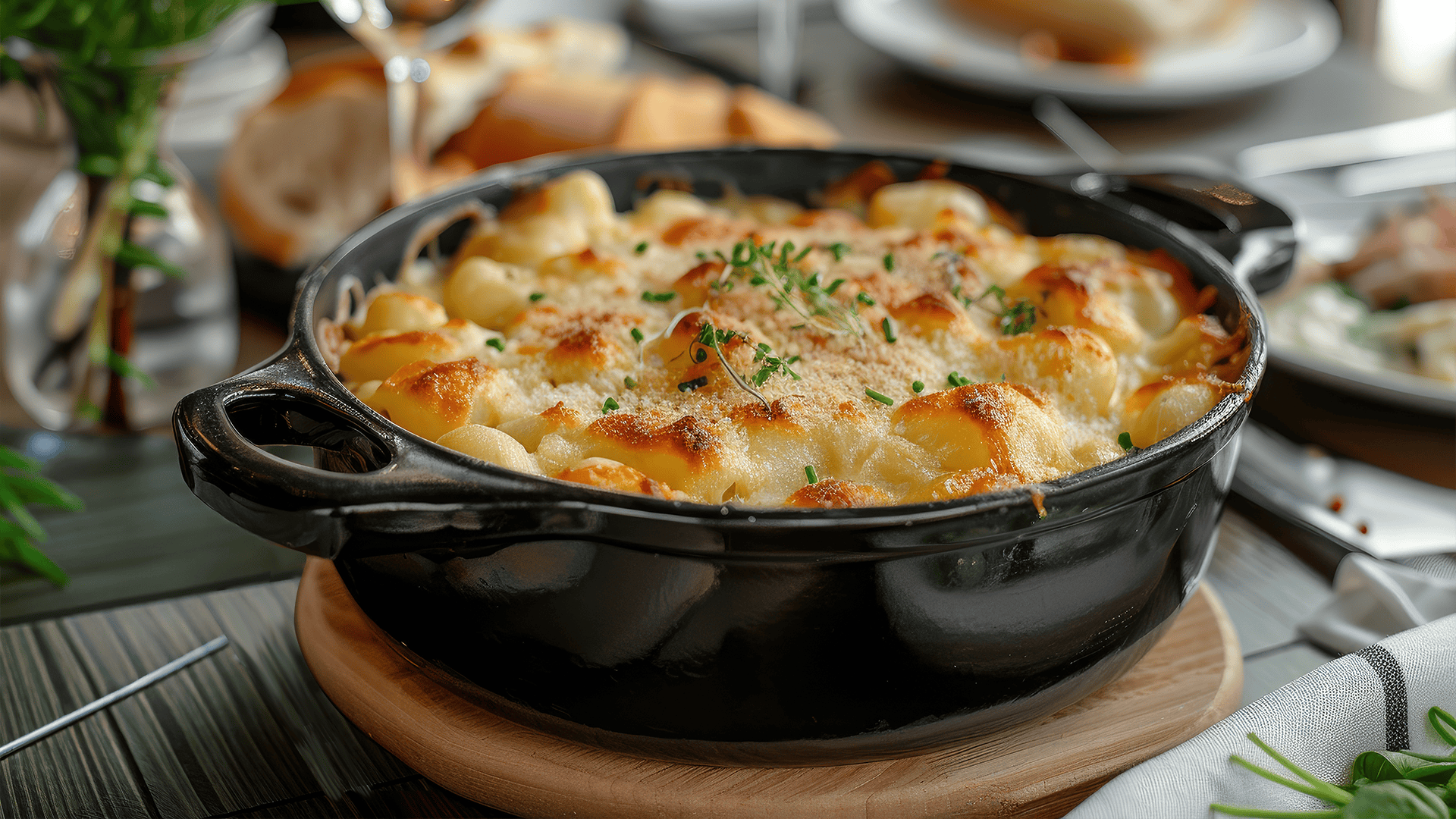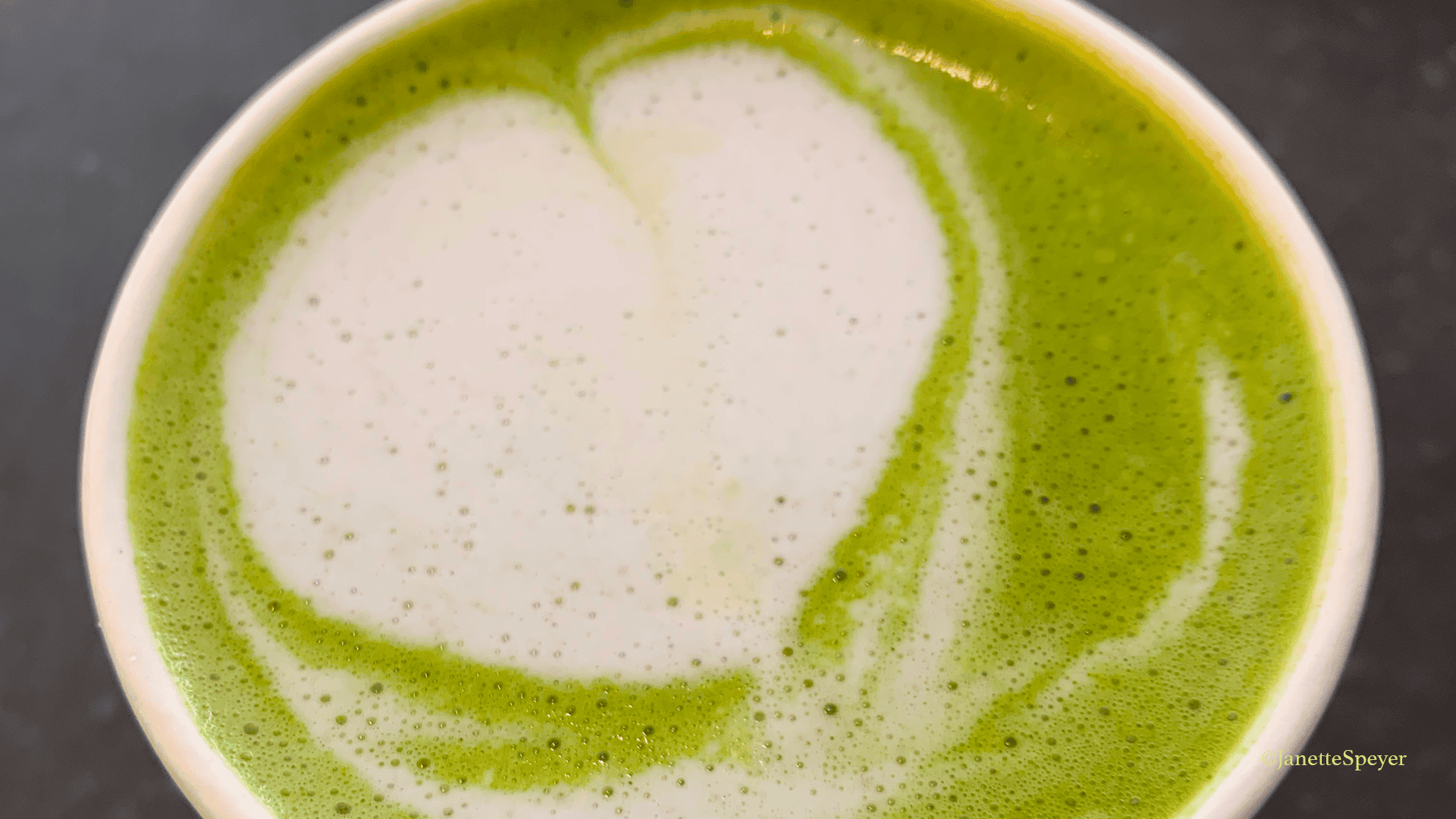The Oldest Recorded Recipe – What Did They Eat 4,000 Years Ago?
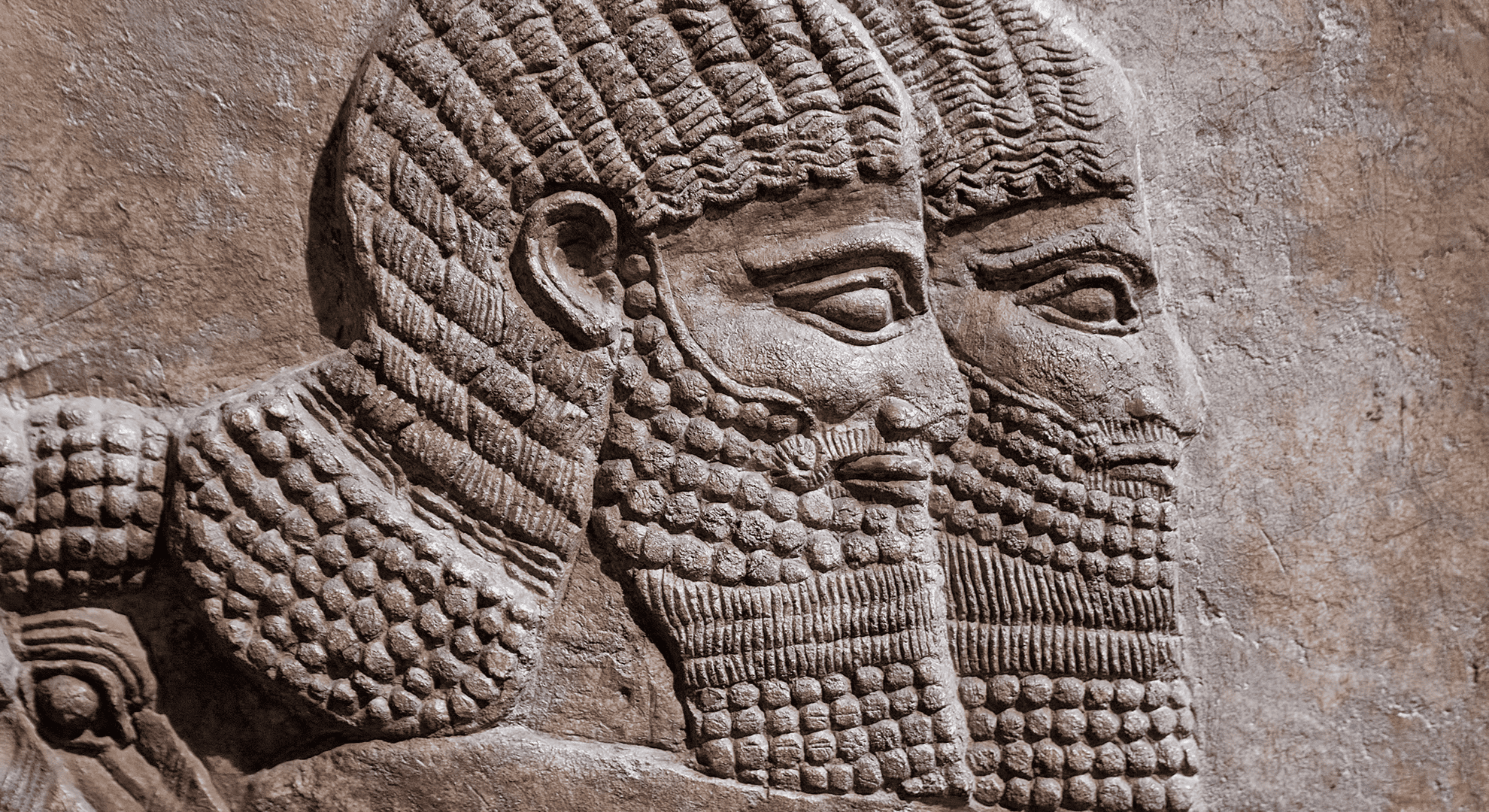
The ancient Sumerian civilization began about 6,000 years ago; however, the oldest recorded recipe was dated around 1,730 BCE. I can’t even wrap my brain around this. It’s hard to imagine what mealtime looked like in ancient Mesopotamia. When I think of today’s food, I picture cookies, pasta, or a hearty stew. But way before cookbooks, recipes were being etched on clay tablets by the Sumerians and Babylonians.
Early recipes reveal that cooking and brewing were central to daily life, religion, and celebration. Ancient people combined sustenance with spiritual rituals. Creativity in the kitchen started far earlier than we might think.
*This post contains affiliate links. If you make a purchase through these links, I may earn a small commission at no additional cost to you. Thank you for supporting this site and helping me keep ancient food stories alive.. Learn more.*
The Oldest Known Written Recipes
Archaeologists discovered cuneiform tablets from around 1730 BCE in ancient Mesopotamia, now Iraq. The tablets contain about 40 recipes for stews, broths, and breads.
The ingredients were simple while retaining flavor. The recipes were made with red meat, fowl, onions, garlic, leeks, salt, and barley cakes. One example is a Babylonian lamb stew, calling for beef, water, salt, onion, leek, garlic, and barley cakes. This recipe wouldn’t look out of place in a modern kitchen.
The preparation instructions were brief. There are no step-by-step guides like we have today. Instead, they served as reminders for experienced cooks. It was more for the palace chef, who already knew the methods.
The World’s First Beer Recipe
The oldest recorded recipe in history wasn’t for food at all! It was for beer. Written by the Sumerians around 4,000 years ago, the brew recipe appears in a poem dedicated to Ninkasi, the goddess of brewing.
This dual-purpose text served as both a song of praise and a brewing guide. The tablet describes how beer was made from barley, water, and natural flavorings like dates and herbs.
Beer is sacred and essential in Sumerian culture. The daily staple was a source of nutrition and an offering to the gods. This beverage was so crucial that workers were often paid in beer rations.
Early brewers used barley and dates — you can make your own version with this home brewing kit
Ancient Babylonian Lamb Stew (circa 1750 BCE)
Historical Notes:
- The original tablet doesn’t give precise measurements. Back then, cooks relied on instinct and experience.
- This recipe is based on translations of the original cuneiform tablet and adapted for a modern kitchen.
- Herbs like cilantro and mint were abundant in Mesopotamia.
- Barley often served as both a thickener and a staple grain.
- Meat stews were considered luxurious and were likely prepared for the elite.
- This is one of the earliest structured recipes, demonstrating that ancient Mesopotamians cared deeply about flavor, ingredients, and technique.
- This ancient recipe wouldn’t look out of place in a modern kitchen with a clay pot or tagine
Ingredients for Lamb Stew
- 2 lbs (about 1 kg) lamb shoulder, cut into chunks
- 1 large onion, finely chopped
- 3 leeks, chopped
- 2 cloves garlic, crushed
- 1 tsp fresh ground coriander seeds
- 1 tsp cumin
- 1 tsp fresh mint
- 2 tbsp chopped fresh cilantro
- 2 tbsp chopped fresh parsley
- 1 tsp salt to taste
- Black pepper to taste
- 6 cups water
- 2 tbsp barley for thickening
Preparation
- Brown the Meat: In a large pot, brown the lamb pieces over medium heat to develop flavor.
- Sauté the Herbs: Add chopped onions, garlic, and leeks. Cook until soft and fragrant.
- Add Seasoning: Stir in coriander, cumin, mint, salt, and pepper. Mix well so the spices coat the meat.
- Simmer: Pour in water, bring to a boil, then reduce to a gentle simmer. Skim off any foam that rises.
- Thicken & Flavor: Add barley. Simmer for about 1½ to 2 hours, until the meat is tender and the broth is rich.
- Finish with Herbs: Stir in fresh cilantro and parsley just before serving.
- Cooking: You can also put it in the slow cooker for 3-4 hours on high. This mimics the ancient recipe. First, brown the meat with the herbs, then add it to the slow cooker.
Lessons From Ancient Recipes
These ancient tablets mark the birth of recorded culinary history. People have always cared about food and drink preparation. Food was more than survival; it was a celebration of life, creativity, and community.
The Mesopotamians taught us that cooking is an art and a tradition. Recipes were passed down across millennia. The spirit of sharing a meal remains unchanged throughout the millennia. From clay pots to modern kitchens, food has always been of utmost cultural importance.
A Toast to the First Cooks
The art of brewing, a 4,000-year-old tradition, originated with Sumerian brewers and Babylonian chefs. They gifted us with enduring culinary practices, developing recipes that transformed simple ingredients into lasting traditions. So, with your next beer, raise a glass to these pioneers.
Explore more in our Food Spotlights or subscribe to our newsletter for weekly stories and recipes inspired by history.
Stay Up-To-Date
Subscribe To Our Newsletter
Meet Janette Speyer

Behind every bite, there’s a story. Join me on a journey through history to explore how centuries of culture have shaped the way we eat. Read More >
Recommended Reading
-
-
10,000 Years of blood, sweat, and spices that built today's plates.
-


